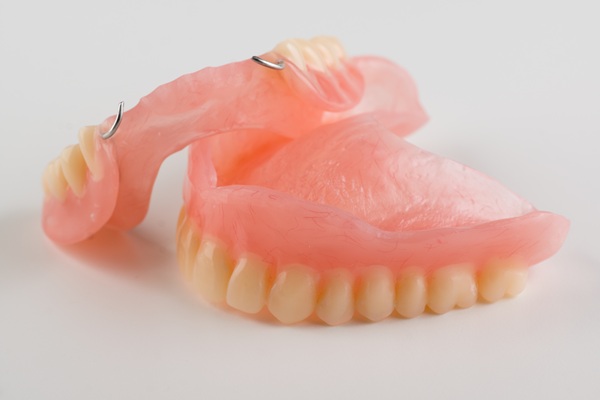Do I Need a Tooth Extraction?

Tooth extraction is the process of having a tooth removed from the mouth. It could be because it is causing pain or if it is too damaged from decay or trauma to be repaired.
Dentists would rather have their patients keep their natural teeth. But, extractions are necessary to prevent damage to the other teeth in the mouth, possible infection and other oral diseases.
How do I know if I need a tooth extraction?
Some of the reasons people need to have a tooth extraction include:
Mouth being crowded
A dentist will recommend a tooth extraction if a tooth is too big for the mouth and prevents the teeth from aligning properly. They will also recommend an extraction if a tooth is unable to erupt properly because there is no room in the mouth. This is a very common practice when the wisdom tooth is unable to erupt.
There is an infection
Tooth decay can damage the pulp in a tooth, which is the center of the tooth containing nerves and blood vessels. When this happens, the bacteria in the mouth can enter the pulp, leading to infection. The problem is usually fixed with a root canal, but if the infection is too severe and antibiotics do not work, then a tooth extraction may be needed to prevent the infection from spreading.
There is a high risk of infection
If the patient’s immune system is compromised due to treatment like chemotherapy, then the risk of infection is very high. That is why dentists would rather extract a decayed tooth than risk an infection that could jeopardize the patient’s health.
Gum disease
Tooth extraction may be needed if the patient is suffering from severe gum disease. If the gum disease leads to an infection that causes the loosening of the teeth, the dentist may have to extract the loose tooth or teeth.
What to expect during a tooth extraction
The tooth extraction process is very straightforward. The dentist or oral surgeon will give the patient a local anesthetic to numb the area where the tooth will be extracted. If the tooth that has to be extracted has not erupted, the dentist will have to perform a surgical extraction and may use a strong general anesthetic to prevent the patient from feeling pain during the procedure and to put them to sleep.
When the tooth has been removed, there will be a little bleeding from where the tooth was taken out, but the dentist will stop the bleeding with gauze and use self-dissolving stitches to close the incision.
What happens after the tooth has been extracted?
After the tooth extraction, the dentist will send the patient home to recover, which usually takes a few days. They will also provide the patient with medication for the pain as well as a list of instructions the patient should follow during recovery.
Conclusion
Tooth extraction is necessary when dentists do not believe they can salvage a tooth and to prevent oral problems like infections. If you have any of the problems listed in this blog, schedule an appointment with your dentist to find out if you need to tooth extraction.
Request an appointment here: https://www.esdmke.com or call Eastside Dental at (414) 888-4000 for an appointment in our Milwaukee office.
Check out what others are saying about our services on Yelp: Read our Yelp reviews.
Related Posts
Dentures are a widely used solution for individuals who have lost multiple teeth. However, despite their long history and proven effectiveness, several misunderstandings about dentures persist. These misconceptions can lead to unnecessary hesitation or to people not pursuing the care they need, affecting their oral health and comfort. Clarifying these misunderstandings can help those considering…
Routine dental cleanings help maintain the health of your teeth and gums by removing plaque and tartar buildup. However, practicing good oral hygiene at home is essential to prevent oral health issues between visits. Taking proper care of your teeth daily ensures a bright, healthy smile over time.Brushing teeth at least twice daily helps keep…
A dental implant restoration is a significant investment in your oral health. This tooth replacement option offers durability while improving the function and appearance of your smile. However, there are ways how you can ensure the long-term success and integrity of the restoration.Keeping good oral hygiene is important for the longevity of a dental implant…
A full mouth reconstruction is a comprehensive treatment plan designed to restore the function, health, and appearance of a patient's smile. This approach combines multiple restorative and cosmetic procedures to address extensive dental concerns, including missing teeth, severe decay, bite misalignment, and gum disease. While full mouth reconstruction offers numerous benefits, it is important to…


